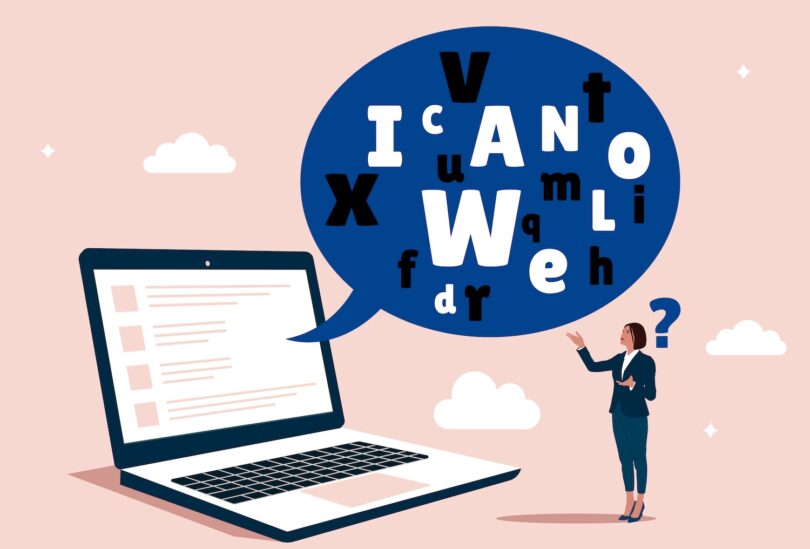For our 50th episode of Strategies & Tactics Live on Nov. 18 at 2 p.m. ET, Ann Wylie shares lessons and quick tips from three decades of PRSA writing workshops. Watch on LinkedIn.
At a recent writing workshop for a client in Minnesota, we started the day by sharing what participants wanted from the workshop. One communicator wrote:
I want to be clear and kind to my audience.
My response?
Clarity is kindness.
The counter argument — which makes me recoil — is that clarity is “dumbing it down.”
(Serious trigger for me. 😬 For both our sakes: Never say that in my classes!)
I prefer to think of increasing readability, not as dumbing your message down but as lifting it up.
When you make every piece you write easier to read and understand, you are respecting your reader, saving them time and effort, and helping them enjoy interacting with your business.
You’re also respecting your message enough to get the word out to the most people in the least amount of time and space.
You know who else did that? Winston Churchill.
You know who wasn’t dumb?
Winston Churchill was not dumb.
Churchill used tiny words to write highly readable messages.
In his “Never Give In” speech, for instance, he used words that average 4.2 characters. Its most famous passage (“Never give in. Never give in. Never, never, never, never — in nothing, great or small, large or petty”) weighs in at an average of just 3.6 characters per word.
- Eloquent? Churchill won the Nobel Prize in Literature for his contributions to the written word. He remains to this day one the most respected writers in the history of the English language.
- Effective? Churchill rallied the British, defied the Nazis, and inspired the United States to fight. Some say he saved the Western world with his (tiny) words. Can your subject matter expert do that?
- Dumb? Not on your life.
“Short words are best,” he wrote, using words of only one syllable, “and old words when short are the best of all.”
You know who else wasn’t dumb?
Abraham Lincoln was not dumb.
Of the 235 words in his Gettysburg Address — that’s fewer than the number on the back of a potato chip package today — 174 of them have only one syllable.
Lincoln spoke for only two minutes at Gettysburg, while Edward Everett, the great orator of the day, spoke for nearly two hours. Yet who remembers what Everett said? Who remembers his name?
Here’s another guy who wasn’t dumb…
William Shakespeare was not dumb.
“Shakespeare wrote sentences which were almost childlike when their subjects were most profound,” wrote novelist Kurt Vonnegut. “‘To be or not to be?’ asks Shakespeare’s Hamlet. The longest word is three letters.”
Some other folks who aren’t dumb…
Reporters for The New York Times, The Wall Street Journal and the BBC aren’t dumb.
Writers for all those major international news organizations cover topics ranging from brain surgery to rocket science. And they do so using words that average, according to our analysis, less than five characters.
So who’s really dumb when it comes to “dumbing it down”? Just writers — and, let’s be fair, their subject matter experts — who believe that only big words and unruly sentences can capture their massive ideas.
But you and I aren’t dumb.
So let’s whittle our words. Streamline our sentences. Prune our paragraphs.
Let’s respect our readers enough to make our messages easier to read and understand. Let’s be kind to our readers with clarity.
That’s not dumbing it down. That’s lifting it up.
Ann Wylie (WylieComm.com) helps PR professionals Catch Your Readers through writing training. Her workshops take her from Hollywood to Helsinki, helping communicators in organizations like Coca-Cola, Toyota, Eli Lilly and Salesforce draw readers in and move them to act. Never miss a tip: FreeWritingTips.wyliecomm.com.
Copyright © 2025 Ann Wylie. All rights reserved.
Illustration credit: vadym







